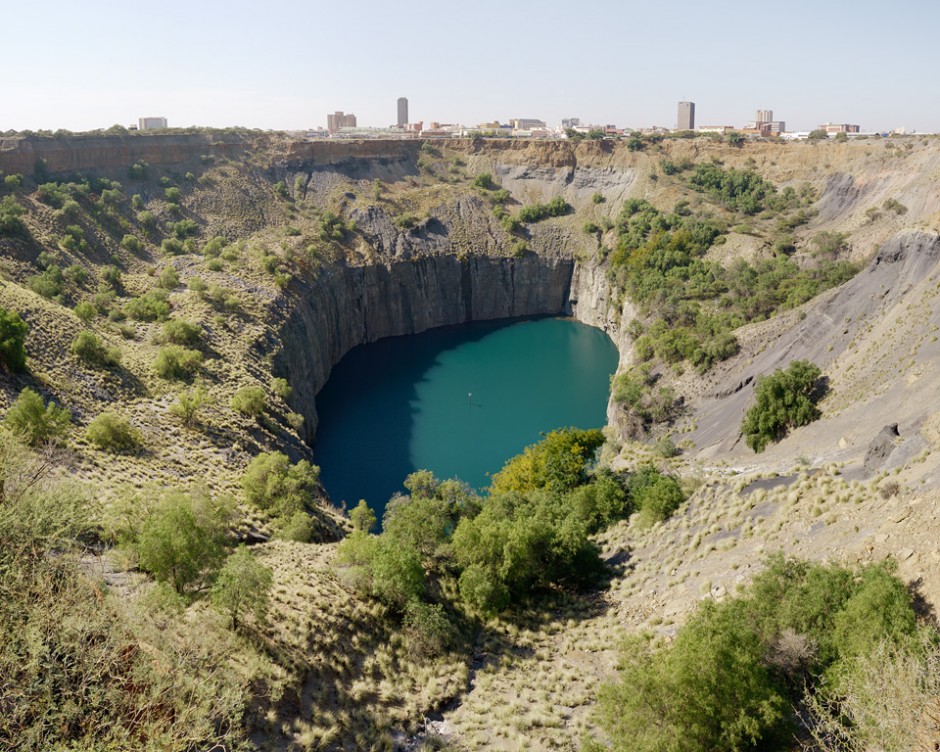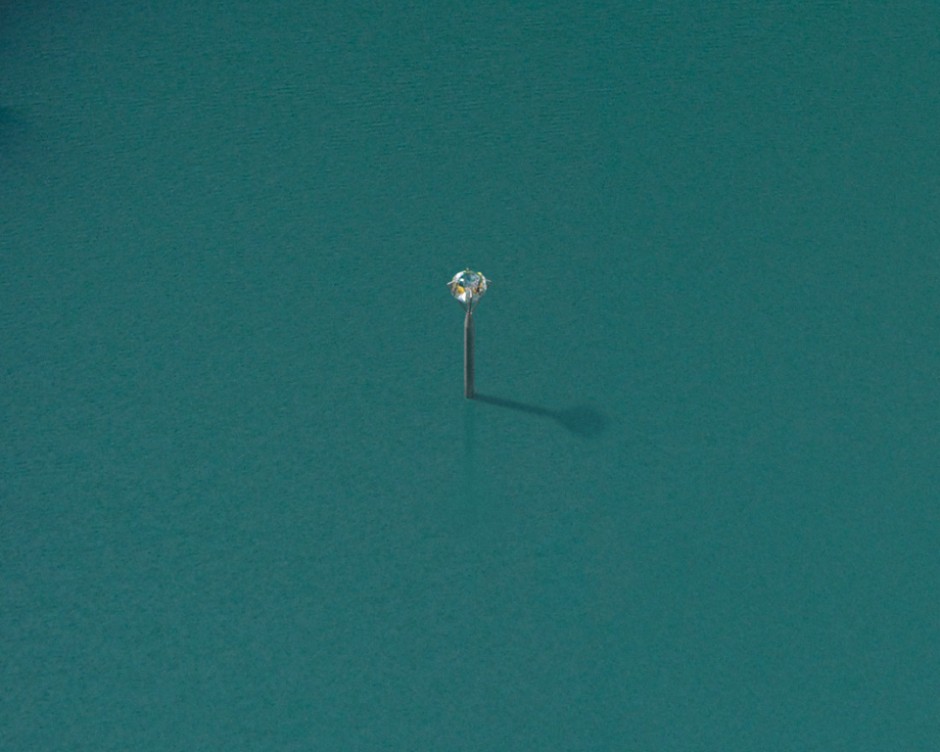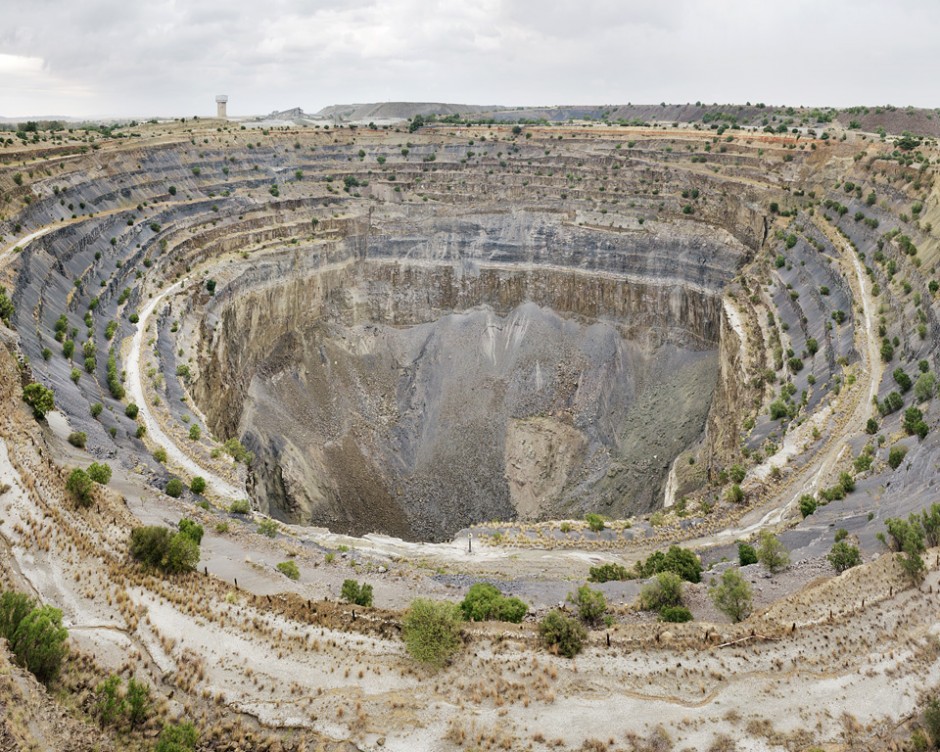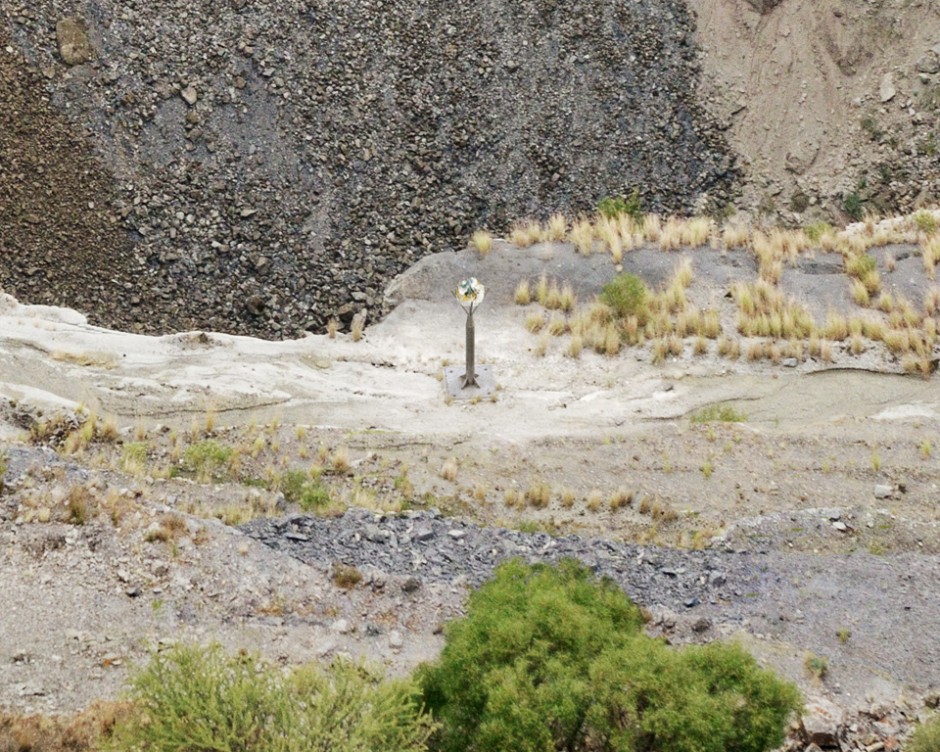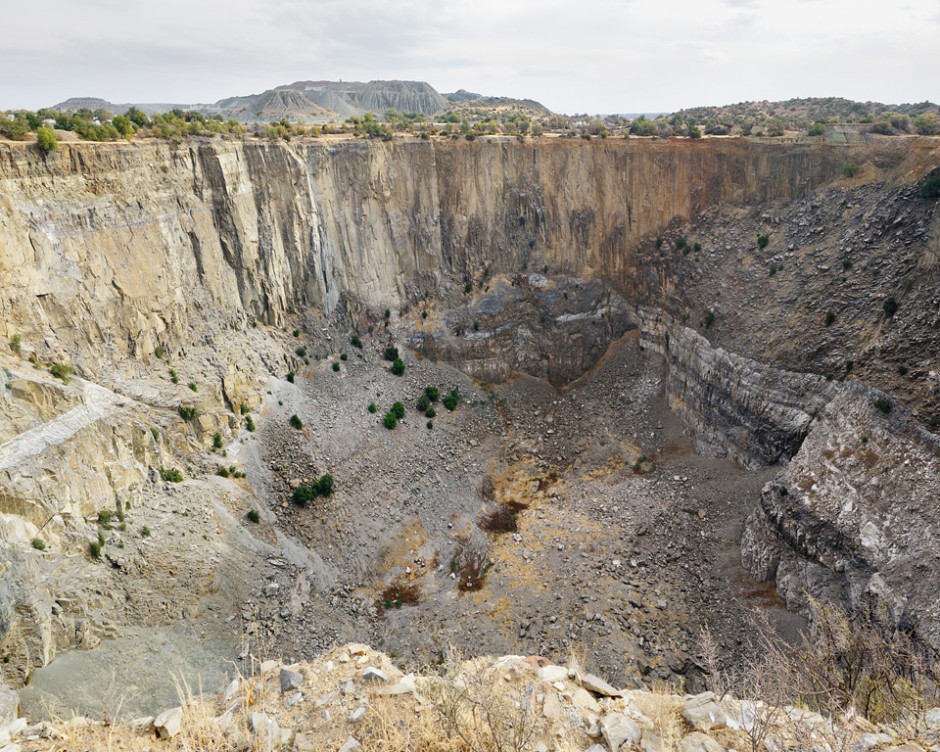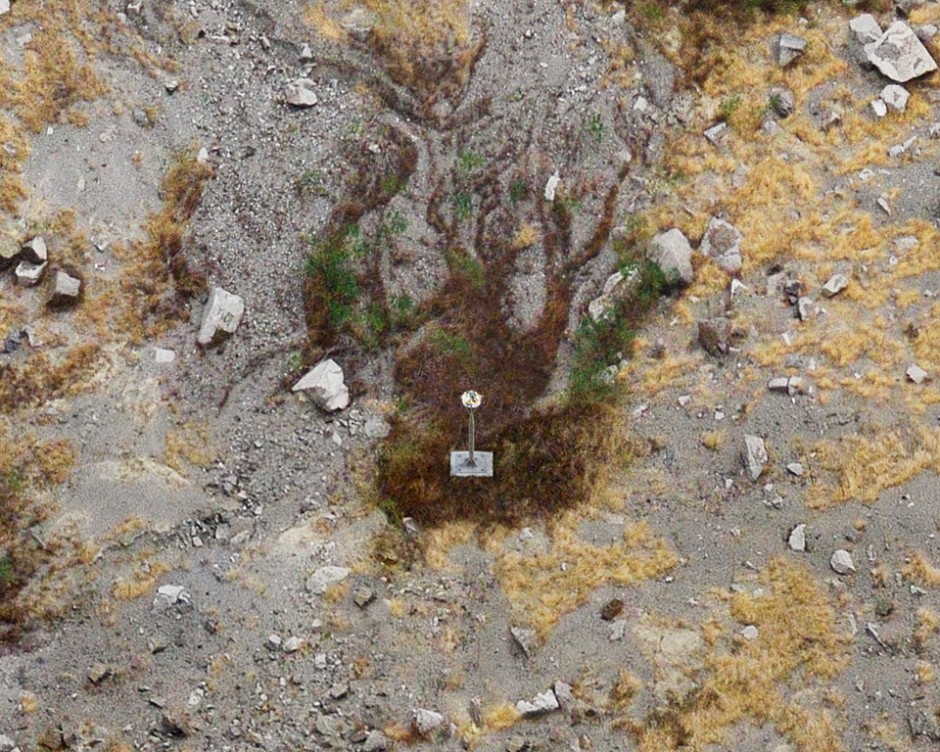For What It's Worth
Mining has always been a balance of give and take. On the one hand, precious materials useful for humans are extracted from the ground, and on the other, gigantic scars are left on the landscape. In his latest series, For What It’s Worth (part II), photographer Dillon Marsh visualises the quantity of copper and diamonds unearthed at mines around his home of South Africa. Using computer generated spheres to represent the material, he is given us a strikingly clear picture of sacrifice and gain. via
The CGI objects represent a scale model of the materials removed from each mine,” explains Marsh, “a solid mass occupying a scene showing the ground from which it was extracted. By doing so, the intention is to create a kind of visualisation of the merits and shortfalls of mining in South Africa, an industry that has shaped the history and economy of the country so radically
Cooper
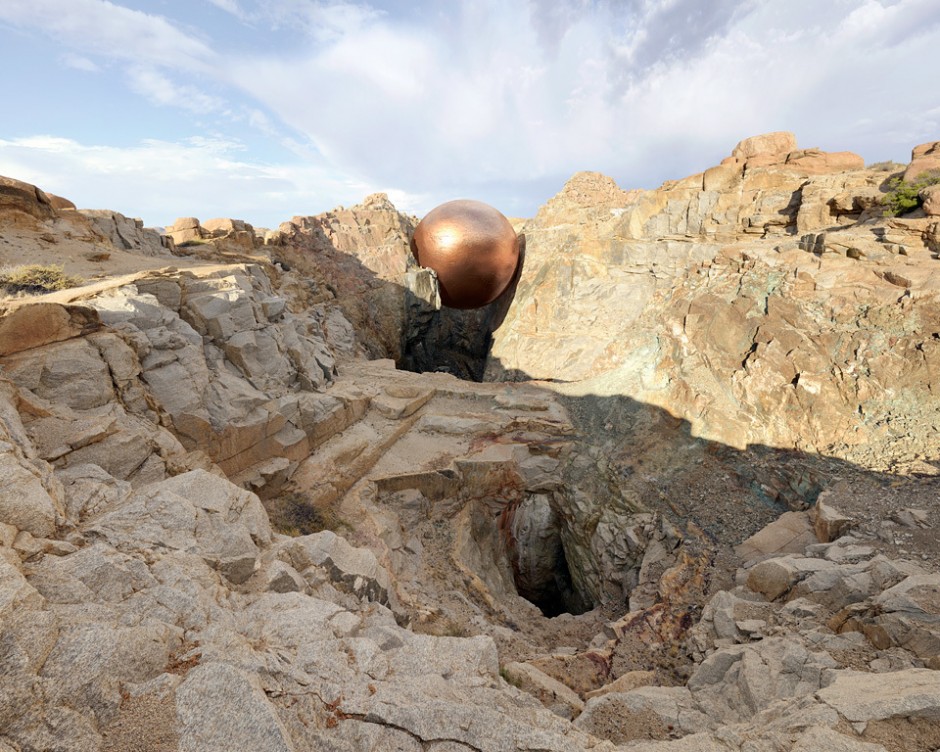
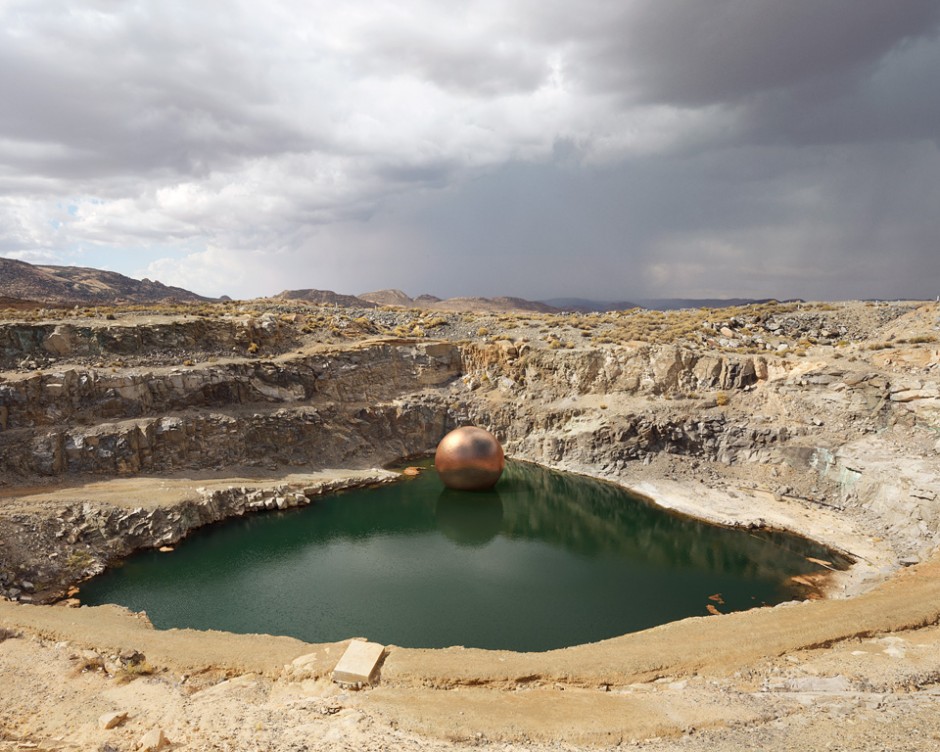
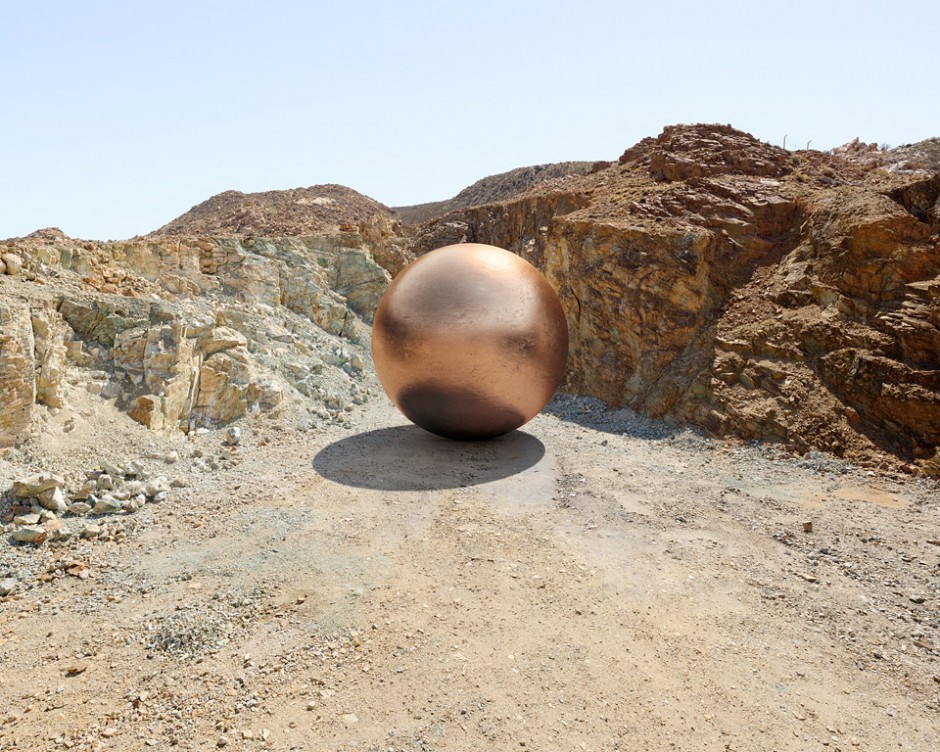
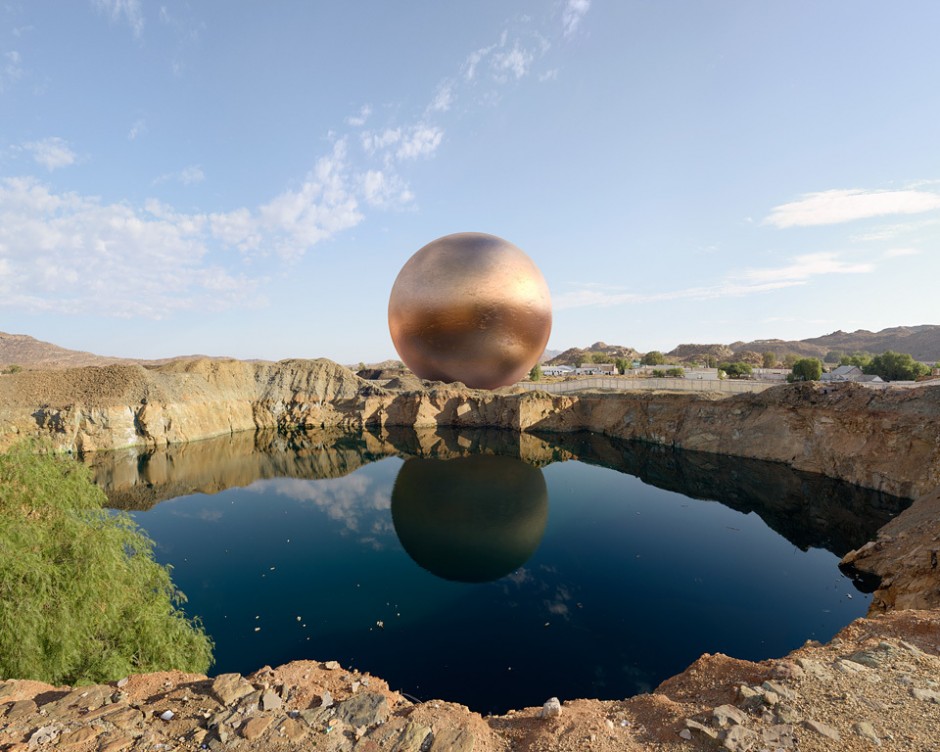
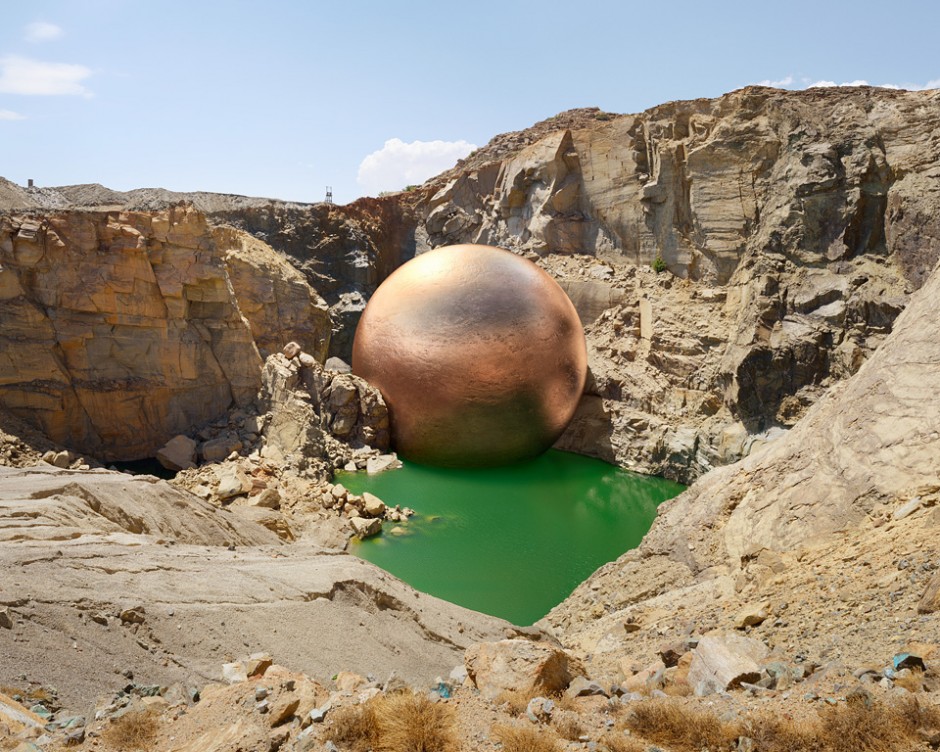
Diamonds
